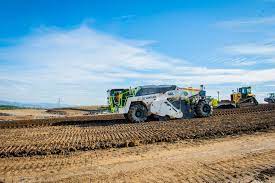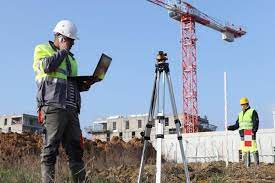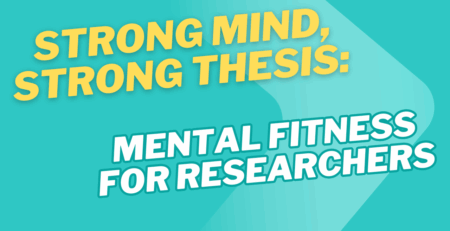Researchers turn excavated soil into sustainable mortar
Kenfra Research2024-03-28T14:32:41+05:30Researchers turn excavated soil into sustainable mortar
Introduction
The conversion of excavated soil into sustainable mortar represents a significant advancement in environmentally friendly construction practices. This innovative approach aims to reduce waste, minimize reliance on non-renewable resources, and promote sustainable development in the construction industry.
Analysis of Excavated Soil
Before being repurposed for mortar, excavated soil undergoes thorough analysis to assess its suitability for construction purposes. This analysis typically includes evaluating factors such as particle size distribution, clay content, moisture levels, and chemical composition. Understanding these properties helps researchers determine how the soil can be effectively utilized in mortar production.

Treatment and Modification
Once the excavated soil has been analyzed, it may require treatment and modification to enhance its properties as a construction material. Various techniques can be employed to improve strength, durability, and workability. This may involve mixing the soil with additives or stabilizers, adjusting moisture content, and employing mechanical processes such as compaction or curing.

Preparation of Sustainable Mortar
After treatment and modification, the prepared soil is ready to be used as a sustainable alternative to conventional mortar. The soil mixture is carefully proportioned to achieve the desired consistency and performance characteristics. Researchers may experiment with different formulations to optimize strength, adhesion, and other properties relevant to specific construction applications.
Applications in Construction
Sustainable mortar derived from excavated soil can be utilized in a wide range of construction projects. From residential buildings to infrastructure developments, this eco-friendly material offers a versatile solution for various applications. Its use can help reduce carbon emissions associated with traditional mortar production and contribute to overall sustainability efforts in the built environment.

Benefits and Implications
The conversion of excavated soil into sustainable mortar offers numerous benefits for both the environment and the construction industry. By repurposing waste material and reducing the need for virgin resources, this approach helps mitigate environmental impact and promotes resource efficiency. Furthermore, sustainable mortar contributes to the development of a circular economy by closing the loop on materials and minimizing waste generation.

Conclusion
The transformation of excavated soil into sustainable mortar represents a promising innovation in sustainable construction practices. Through careful analysis, treatment, and preparation, researchers can harness the potential of excavated soil as a valuable resource for building materials. By embracing this approach, the construction industry can move towards more environmentally friendly practices while meeting the growing demand for sustainable infrastructure.







Leave a Reply